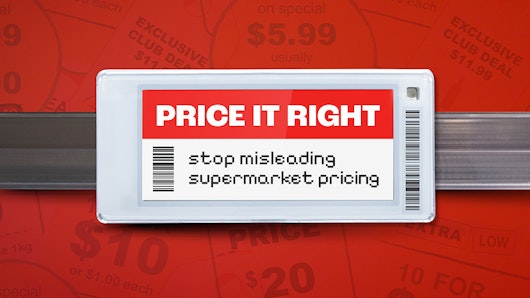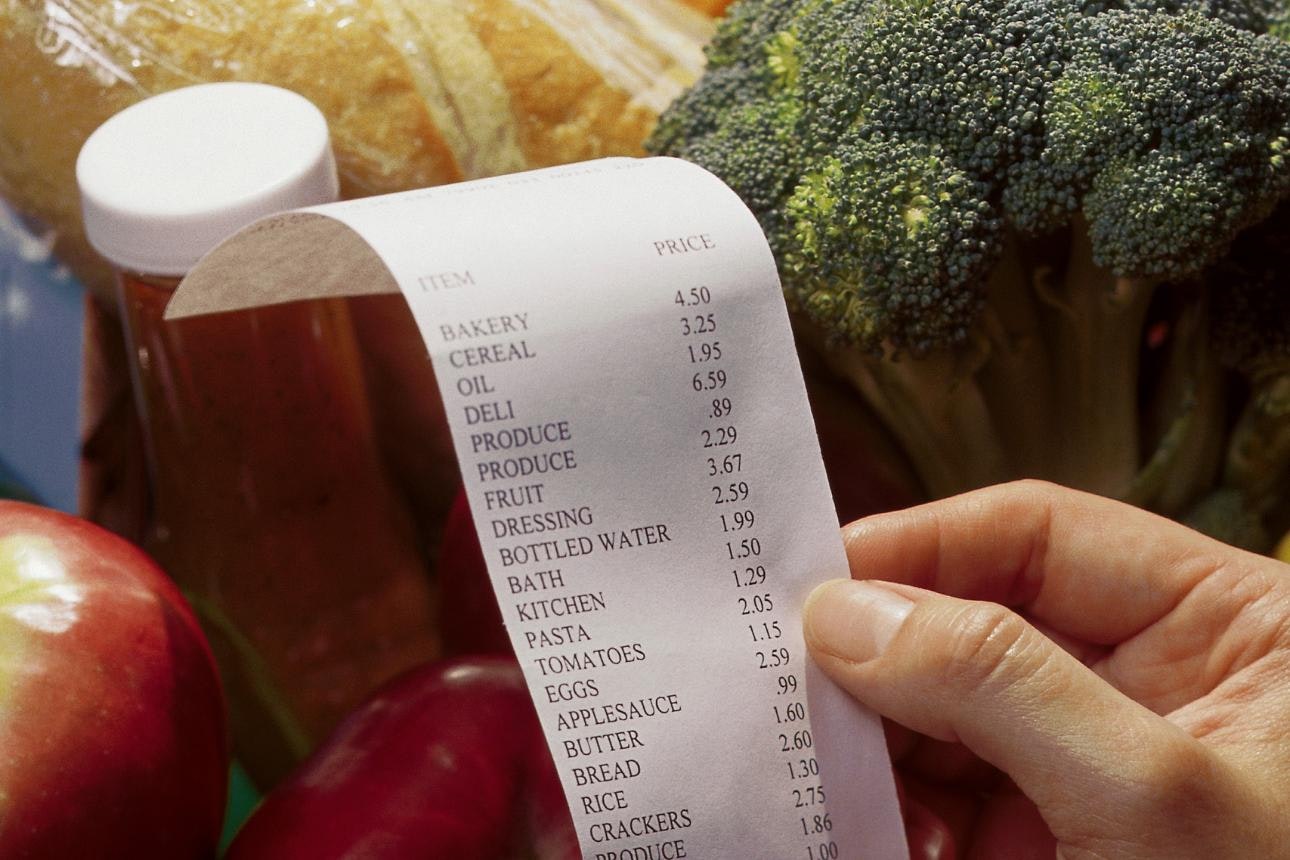
By Vanessa Pratley
Investigative Journalist | Kaipūrongo Whakatewhatewha
During a recent trip to Auckland, I decided to check out bulk big-box wholesaler Costco. It had been nearly a year since it first opened in September 2022, and, on paper, I still thought it had the potential to shake up the supermarket duopoly.
This assumption was my first mistake.
My second mistake was rocking up on foot. Where was the door?
After getting lost up the carpark ramp and wandering around the building, I finally found the entrance.

Buying a Costco membership
Before you can access the “warehouse”, you’ve got to become a member and show your card. It costs $60 a year. I had to provide proof of address and get my picture taken. Then, a little machine spat out a shiny new card.
You don’t have to be a member to visit Costco if you go with someone who has a membership; however, you can’t buy anything as a guest. Members can enter with up to two guests, not including children under 18.
The woman at the counter told me if I wasn’t satisfied, I could return my card for a $60 refund. I did, given I was visiting from out of town.
Bulk buying isn’t for everyone
Inside, the scale of it all was off the charts. The building was massive, but everything inside was also comically huge, from the shelves and the refrigerators to the double-wide shopping trolleys and pallets of vacuum cleaners. I felt very small.
It seemed like Costco had everything, but it also seemed like there was nothing. Costco had a pharmacy, an audiology clinic and a restaurant, as well as frozen food, clothing and appliances.
But I couldn’t buy an apple, a bag of rice under 20kgs or a reasonably sized blueberry muffin.
Even when something familiar pops up on Costco’s shelves, it only works if you can afford to buy in bulk. You could buy 1kg of Lurpak Spreadable butter at its usual (non-special) price of $19.99 at Costco. At Pak’nSave, you’d have to pay $7.98 for 250g. Based on unit pricing, it’s cheaper to get the butter at Costco, but spending less for less at Pak’nSave is more practical for most.
We wanted to find out if Costco was making a difference for others, so we put a call out on Consumer’s social media. A Consumer Instagram follower summed it up well.
“[It] feels like it’s all just as expensive as everywhere else – just in bigger packaging, which makes it even less accessible to students etc who are only supplying for themselves,” they wrote.
Many echoed the same sentiment, with multiple people saying it was just too far away for them. Some enjoyed buying products that you couldn’t get at the supermarket, but only a few agreed that they made noticeable savings.
The feedback we received echoed my own experience.
The “Costco effect”
Maybe I had grasped too hard at the prospect of anything that looked like it could break up the duopoly. I had been blinded by the promise of the “Costco effect,” lauded in the media.
There are two aspects to the “Costco effect.” The first is the theory that consumers are more likely to purchase more at Costco because of its store layout and novelty.
The other aspect, which is the one I’m referring to, is when a new player, specifically Costco, enters the market, increasing competition and driving down prices at other supermarkets in the area. It can affect suppliers and manufacturers, too. Earlier this year, Cookie Time enjoyed more than $1 million in increased sales since Costco’s opening. But its effect on Consumers seems to be limited and localised.
The reality is that Costco doesn’t really compete with supermarkets. Costco’s business is inherently different; you won’t find normal groceries there. Ultimately, it’s a bulk wholesaler of more than food, and most consumers don’t need 6 head-sized blueberry muffins and a 30-carton pack of shelf-stable milk regularly.
We need a dedicated player to break up the duopoly
After wandering around for a couple of hours, I bought a bulk bag of some marshmallow and biscuit scroggin and left Costco.
In hindsight, it seems clear that the market needs something intentionally dedicated to breaking up the major players’ duopoly. A halfway house like Costco won’t cut it.
After the news that Supie, an online grocery retailer with the sole mission of breaking up the duopoly’s market power, is now under voluntary administration, we need more than ever to ensure effective competition in the market. In a recent study, Consumer found Supie had a proven track record for prices on selected items that were consistently cheaper than the duopoly. Supie’s collapse leaves customers with no choice but to turn back to the supermarkets that charge them more for the same.
Current interventions to promote competition in the sector include the introduction of mandatory unit pricing, the new Grocery Supply Code and the recent appointment of Grocery Commissioner Pierre van Heerden.
Consumer NZ chief executive Jon Duffy thinks these are positive steps, but he warns they might not be enough.
“If these and further interventions fail to allow new players to enter the market or create better outcomes for consumers, structural interventions in the sector must be considered. This could include reducing the duopoly's existing market power by forcing the divestment of stores.”
In the meantime, the Grocery Commissioner has shined a light on three key interventions that require immediate attention, including:
ensuring supermarkets have accurate pricing
encouraging suppliers to support competition
improving market conditions to level the playing field for new entrants.
We'd also like to see:
supermarkets stop offering price discounts only to their loyalty card holders
regular monitoring of retail prices and margins
increased Fair Trading Act penalties for misleading pricing.

Make supermarkets price it right
Find out about our campaign to tell the government we need clear rules, stronger penalties and automatic compensation for shoppers.



